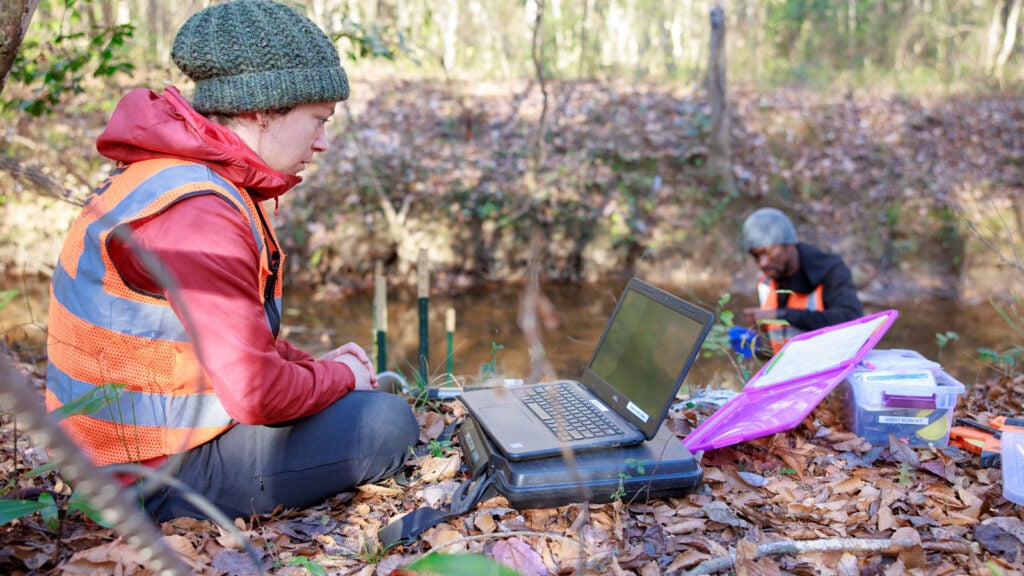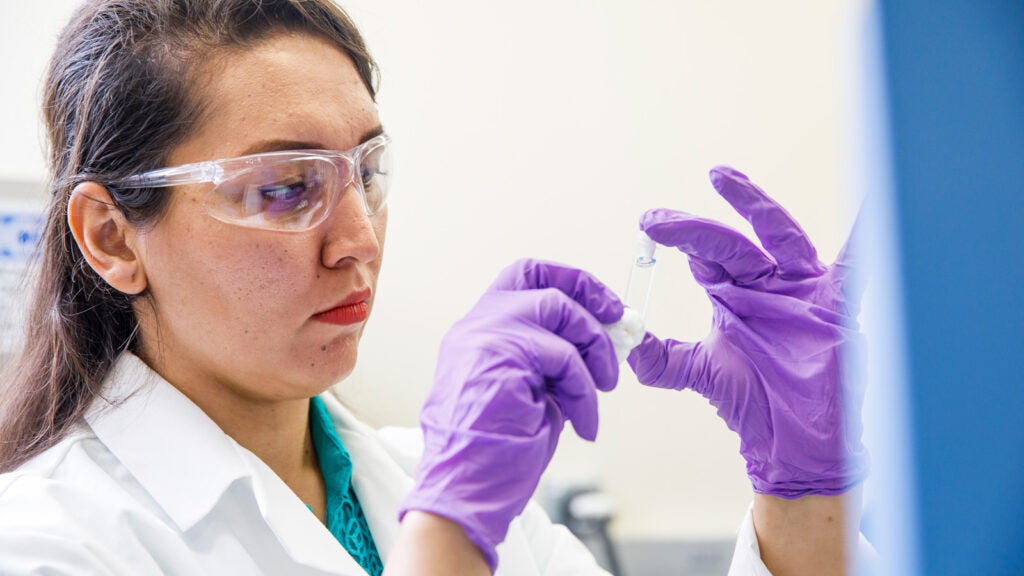Research Toolkit
ORED provides resources and support to help researchers navigate the sponsored research lifecycle.
Find a sponsor with goals that align with a given research project
From the development of a sponsored research project to the final proposal submission
Setting up the infrastructure for the successful management of your award
Managing award funds, reporting and post-award changes
Navigating the patenting, licensing and startup creation process
Final financial and research reporting, dissemination of data and record retention

Tools & resources
ORED provides robust tools, resources and training to empower UA scholars to create transformative knowledge.

INITIATIVES
ORED champions the research and entrepreneurial spirit of its faculty, staff and students, fostering a culture of innovation and progress.
Internal Funding
ORED offers internal funding opportunities to support faculty research projects.

Faculty Research Day
Faculty Research Day is a premier event celebrating excellence in research, creativity and scholarship.

Early Career Opportunities
Find funding opportunities for early career researchers at the rank of assistant professor or equivalent.

Humanities, Arts and Social Sciences Taskforce
Our task force works to raise the profile and impact of scholarship across the humanities, social sciences and arts.

STAY CONNECTED
Join the Research News Listserv to receive updates on limited submissions, funding opportunities, important regulatory updates and more.


Get research help
The Office for Research & Economic Development can help you find the right form, tool or resource to assist with your research process.
